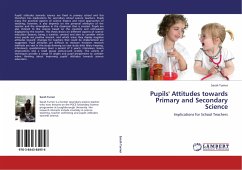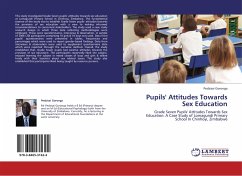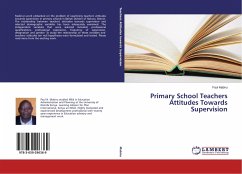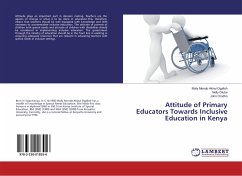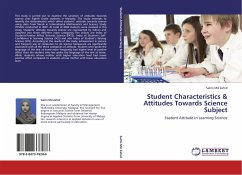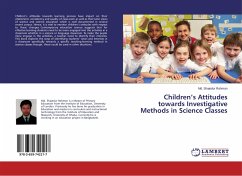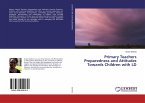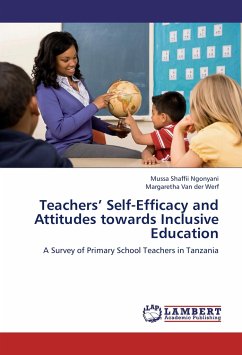Pupils' attitudes towards science are fixed in primary school and this therefore has implications for secondary school science teachers. Pupils enjoy the practical aspects of science lessons and novel approaches of teaching; however, it also depends on the personal attributes of the teacher and the atmosphere in the classroom that is created. Pupils are also inclined to like science based on the creativity and enthusiasm displayed by the teacher. This thesis draws on different aspects of science education (lessons, being a scientist, careers) and aims to consider which areas pupils are positive toward, and which areas they display negative attitudes toward; changes for teachers that could be implemented are suggested. Pupil attitudes are difficult to measure however research methods are vast in this study drawing on case study data (diary keeping, interviews), questionnaires (over a period of 3 years), interviews, lesson observations and a small group picture-card activity. The variety of techniques provide a range of angles and pupil perspectives to consider when thinking about improving pupils' attitudes towards science education.
Bitte wählen Sie Ihr Anliegen aus.
Rechnungen
Retourenschein anfordern
Bestellstatus
Storno

